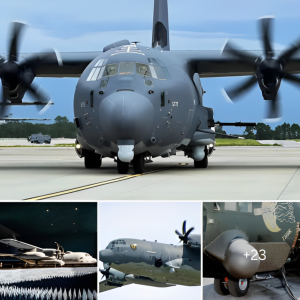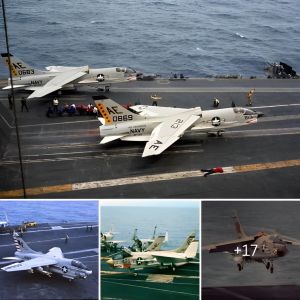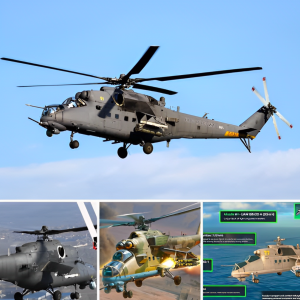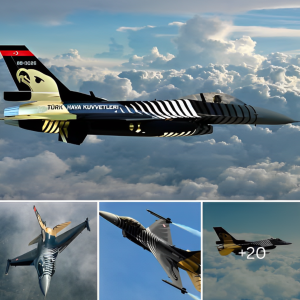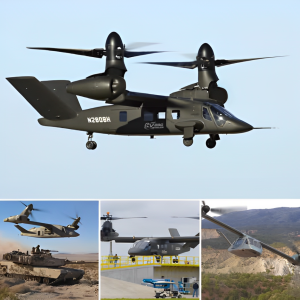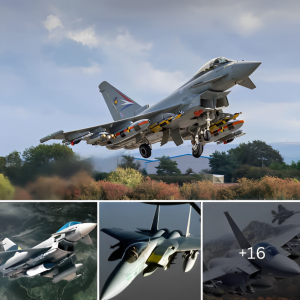The Government of Israel has received approval from the U.S. Secretary of State for a possible Foreign Military Sale (FMS) valued at $18.82 billion. This massive defense package will see Israel procure up to 50 F-15IA (Israel Advanced) multi-role fighter aircraft along with a comprehensive suite of supporting equipment and upgrades for the existing fleet of F-15I jets. The acquisition represents a significant leap forward for the Israeli Air Force (IAF) as it modernizes its fleet with state-of-the-art technology to maintain strategic superiority in the region. Israel’s request includes a robust list of assets tailored to its defense needs. The approved deal consists of 50 new F-15IA fighters, representing the latest evolution in the F-15 lineage, and 25 Mid-Life Update modification kits for the IAF’s aging F-15I fleet. These upgrades will bring the older aircraft up to the F-15IA standard, ensuring operational consistency across the fleet.

The package also includes an extensive range of support equipment and systems that will enhance the F-15IA’s performance. The purchase includes 120 F110-GE-129 engines, 90 Advanced Display Core Processors II, 75 APG-82(V)1 Active Electronically Scanned Array (AESA) radars, and 50 AN/AAQ-13 LANTIRN navigation pods, among other advanced components. These systems will significantly enhance the capabilities of the F-15IA and F-15I aircraft, improving their long-range strike, navigation, and radar detection capabilities. Additionally, the package contains critical defensive and offensive support systems, including 320 LAU-128 Advanced Medium-Range Air-to-Air Missile (AMRAAM) launchers, 25 M61A Vulcan cannons, and 180 Embedded Global Positioning System/Inertial Navigation System (GPS/INS) devices with M-Code. The inclusion of Joint Helmet Mounted Cueing Systems (JHMCS), APX-119 Identification Friend or Foe (IFF) systems, and KIV-77 Mode 4/5 IFF cryptographic appliqués further bolster the F-15IA’s ability to perform in contested environments.

The F-15I, known as “Ra’am” (Thunder) in Israel, has played a critical role in the IAF since its introduction in the late 1990s. It was acquired to fill a gap in Israel’s long-range strike capabilities, identified after Iraqi SCUD missile attacks during the 1991 Gulf War. At the time, Israel sought a strategic bomber with enhanced range and payload to counter regional threats effectively. In response to a Request for Information (RFI) issued by Israel, several aircraft were offered by U.S. manufacturers. Among them were the F-16 Fighting Falcon, the F/A-18 Hornet, and the F-15E Strike Eagle. Israel ultimately selected the F-15E, and on January 27, 1994, it announced plans to purchase 21 modified versions of the aircraft. The U.S. government approved the sale, and by 1998, Israel had 25 F-15Is in service. The F-15I was initially equipped with Sharpshooter targeting pods, but these were soon replaced by the more advanced LANTIRN pods to match the IAF’s evolving requirements. Over time, Israel installed its indigenous Elisra SPS-2110 electronic warfare systems, along with custom GPS/INS systems and a Display and Sight Helmet (DASH) that provides superior targeting capabilities to both crew members.
With the approval of this latest acquisition, Israel is taking a decisive step in the modernization of its air force. The F-15IA is a highly advanced variant of the F-15EX and Advanced Eagle, combining improved avionics, increased payload capacity, and superior long-range capabilities. TIn February 2020, Israel’s defense leadership approved plans to not only acquire 25 new F-15IA aircraft but also to upgrade 25 existing F-15Is to the F-15IA standard. This includes incorporating cutting-edge AESA radar technology, structural enhancements, and upgraded weapons systems, ensuring that the IAF’s strike capability remains at the forefront of regional air power. The F-15IA is capable of carrying a wide array of air-to-air and air-to-ground munitions, making it an ideal platform for both defensive and offensive operations. Its advanced radar and electronic warfare capabilities allow it to operate effectively in contested environments, while its long-range strike capabilities make it a critical asset for preemptive strikes and deterrence missions.
